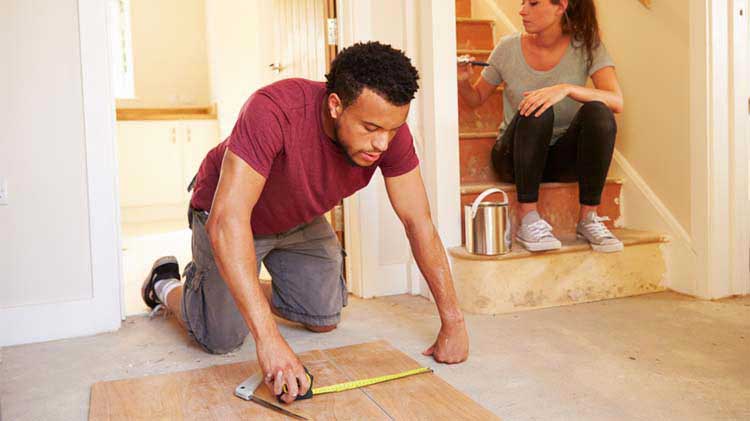Why should I review my home insurance annually?
The next time you need to renew your insurance policies, consider taking these steps to make sure you understand what your coverages are.
Most often, people purchase a homeowners insurance or renters insurance policy when they first move out and into their new home. Many people pay little attention to the policies after that. Over time, as they make renovations, purchase new items or replace existing appliances, they don't perform home insurance reviews to ensure they are properly covered. This, unfortunately, can lead to a gap in their coverage.
Tips for a successful home insurance review
The next time you need to renew your insurance policies, consider taking these steps to help you get the most out of them.
- Create a home inventory - A home inventory is a listing of the property in your home, the date you bought it and what you purchased it for. This list can be used to discuss your needs with your agent as you choose the right coverage.
- Meet with your agent - Your insurance needs change over time. Conducting a home insurance review with your agent at least once each year can help you determine if your policies still make sense for your current situation. During this meeting:
- Ask about discounts - Before you renew your policy, speak with your agent about discounts that may be available. You may qualify for discounts for alarm systems, multiline or higher deductibles.
- Ask to review your auto policy - If you combine your home or renters insurance with auto insurance to get a discount, consider reviewing your auto coverage as well. Ask them about any safe driving discounts you might be eligible for.
- Review home renovations - If you have added on to your home or updated any rooms in the house, be sure to talk about them with your agent to make sure your coverage reflects the changes.
- Talk about any landscaping changes - Any new sprinkler systems, sheds, pool or even a new riding mower may require changes in your policy.
- Share any changes in the appliances - Like home renovations, updating your furnace or air conditioner can increase the value of your home.
- Confirm your home is insured for the estimated cost to rebuild - State Farm® suggests you select a policy amount equal to at least 100% of the estimated replacement cost of your home, but the choice is yours. You should also make sure any replacement cost estimate reflects the actual characteristics of your home. Insuring your home for at least 100% of its estimated replacement cost — not the current market value — could give you the means to replace your home entirely in the event of a loss.
Insurance review reminders
Make sure you remember to:
- Share any significant life changes. Getting married, having a baby, starting a new home business or even getting divorced may trigger changes to your property that are worth a conversation to address the correct coverage with new needs. Your agent can make you aware of extra coverage available for jewelry and fire arms or additional coverage for business property.
- Ask questions about current coverages, limitations and exclusions. You can get the best out of meeting with your agent by asking about your current coverages and understanding any limitations and exclusions to the homeowners policy. You can be better prepared for a loss when you are aware of what is covered and what is not.
For more information about a home insurance review and your policies, contact a State Farm agent.




